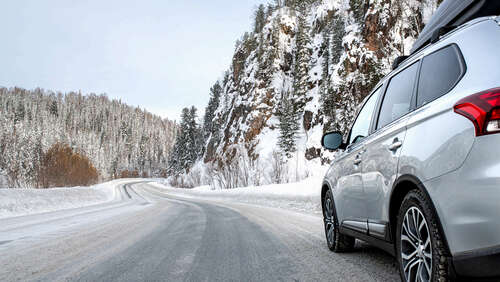
We often unwittingly do things that hurt our cars, and revving our engines to warm them up quickly is a common one. While revving your engine might seem admire a quick fix to warm it up in cold weather, it can actually guide to significant engine damage. This is because when temperatures drop, the oil in your engine thickens. This thickened oil flows more slowly than in warmer temperatures, taking longer to accomplish and adequately lubricate your engine’s moving parts.
Revving your cold engine warms it up too fast and forces it to work at high speeds without proper lubrication. As you can visualize, this can provoke all sorts of things to go wrong, including increased wear on pistons, bearings, and other moving parts. Since engines use more fuel when operating at higher RPMs, increased fuel consumption is another consequence of revving your engine in an attempt to warm it up faster. You’re also not doing the environment any favors when you rev your engine, as it increases emissions of harmful pollutants due to incomplete fuel combustion in a cold engine.

